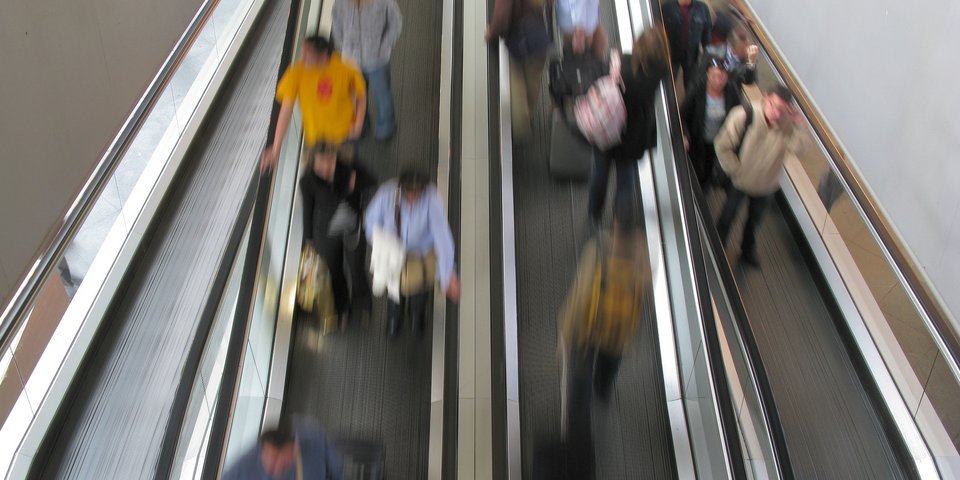 WestPic - Fotolia
WestPic - Fotolia30 years of European Single Market
Common economic area for 500 million people
ANG – 01/2023
With its 500 million people,
the European Single Market is the third largest economic area in the world
after China and the USA. It includes 27 EU member states as well as
Iceland, Liechtenstein, Norway and Switzerland. This economic area offers many
advantages to its European citizens, such as the right to live and work in any
EU country. This January marks its 30th anniversary. The founding of DSV's
European representation is also closely linked to the emergence of the European
Single Market.
EU Single Market: the four freedoms
The European Single Market is
based on four pillars: free movement of people, goods, services and capital.
They also include the abolition of border controls, freedom of establishment
and employment for EU citizens, the opening up of national markets and common
consumer regulations. The Corona pandemic has shown that the European Single
Market does not always function smoothly. There were border closures between
member states and the movement of goods came to a standstill.
Coordination: vaccine purchasing and social security
But there have also been positive developments
within the European Single Market, such as the EU-wide joint procurement of
vaccines against monkeypox (see News 06/2022). This was coordinated by
HERA – European Health Emergency preparedness and
Response Authority – located at the European Commission.
Another major project within
the European Single Market is coordinating social security. The free movement
of people and the possibility of working in one or several EU countries gives
rise to the question as to which member state should pay the social benefits,
such as unemployment benefits or pension rights. Within the European Economic
Area the social benefits are coordinated between the member states and their
social security systems under European laws. The corresponding exchanging of
information is largely carried out digitally via the EESSI (Electronic Exchange
of Social Security Information) system. All of the European Single Market
countries should be connected to EESSI by the middle of this year. A European Social Security Pass pilot project was also launched in 2021.
DSV European Representation in Brussels for 30 years
The European Single Market,
with its four pillars of freedom of movement for people, goods, services and
capital, has also had an impact on national social systems. This is why DSV’s
European representation was founded in Brussels 30 years ago – at the same time
as the European Single Market was established. It represents the interests of
the umbrella organisations of German social insurance in the statutory
pensions, statutory accident insurance and statutory health and long-term care
insurance sectors at European level.
Integration of EU member states as well as
the exchanges between the national social security systems has fundamentally
increased since 1993. European initiatives have gained in importance since
then. This enables DSV to support legislative projects and initiatives on-site
in Brussels and to campaign for the interests of German social insurance in
Europe. So, in addition to the European Single Market, DSV is also celebrating
its 30th anniversary this year.
